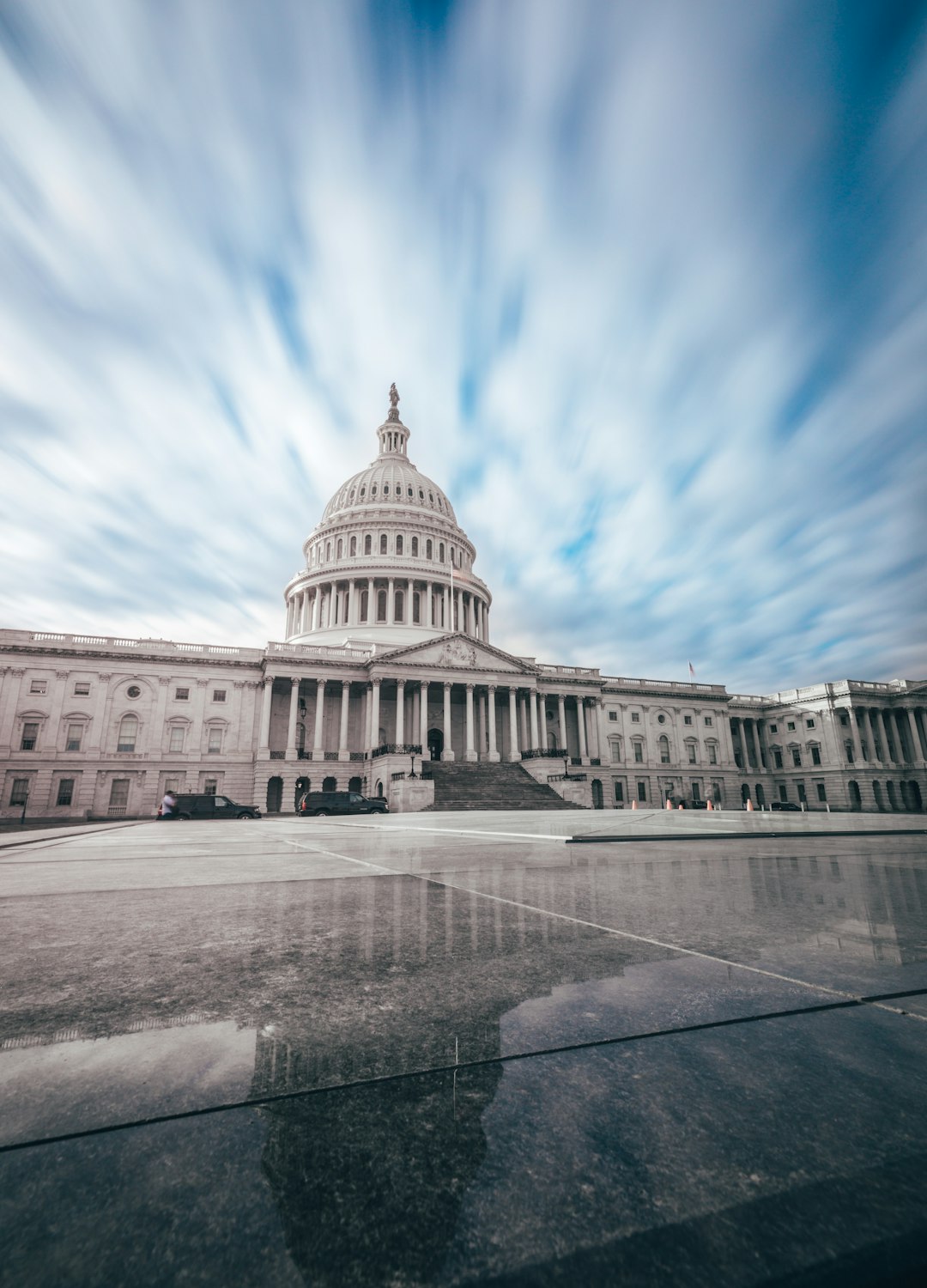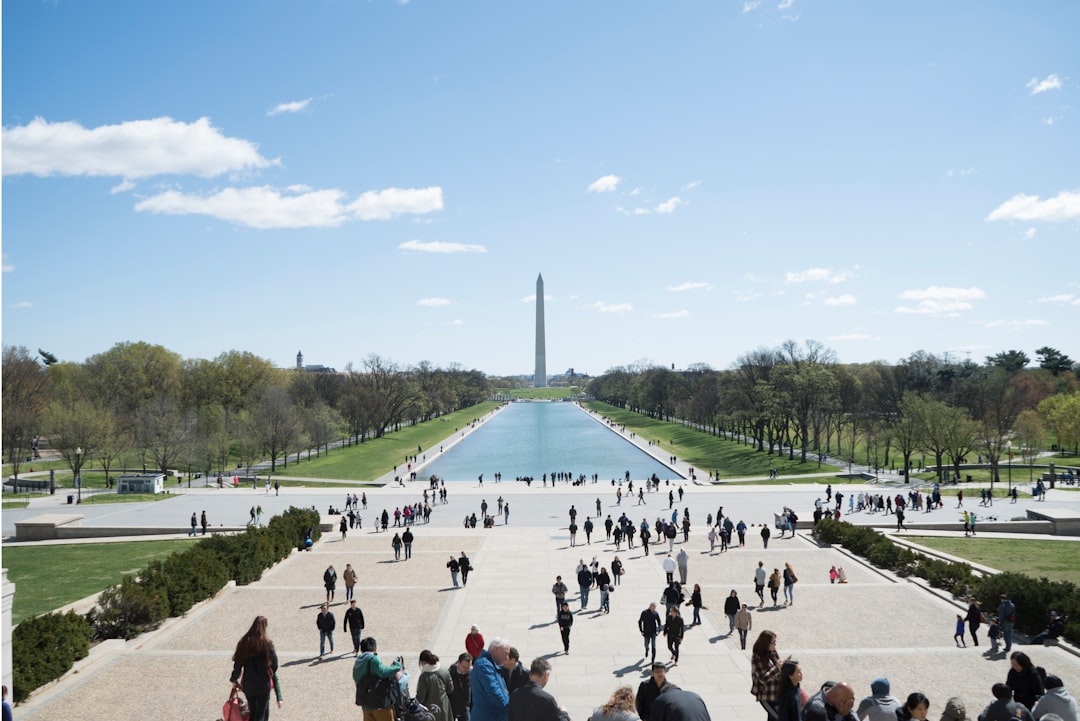In Washington State, consumers can protect themselves from intrusive telemarketing calls by enrolling in the state's Do Not Call List (DNC List), which is enforced by the Attorney General's office. Federal laws, like the TCFA, and state regulations work together to safeguard consumers. If despite being on the National Do Not Call Registry, residents receive repeated unauthorized calls, hiring a specialized Do Not Call Lawyer in Washington becomes crucial. These lawyers can file complaints, negotiate cease of unwanted calls, and take legal action against repeat offenders, who may face strict time limits for filing complaints. Key steps include registering on state and federal DNC lists, keeping detailed records of interactions with telemarketers, and hiring a reputable Do Not Call Law firm to enforce these laws and protect privacy.
“In an era dominated by relentless telemarketing calls, consumers in Washington State are fortunate to have robust protections under federal and state Do Not Call lists. This comprehensive guide explores the rights and defenses afforded to residents, delving into the interplay of federal and state laws that regulate telemarketers.
We also navigate legal options for those facing persistent spam calls, highlighting the crucial role a Do Not Call Lawyer in Washington can play in enforcing these laws. Additionally, discover effective strategies to combat unwanted calls and empower yourself with knowledge about your rights under Washington’s Do Not Call Laws.”
Understanding Do Not Call Lists: Rights and Protections for Consumers in Washington State

In Washington State, consumers have a powerful tool at their disposal to combat unwanted telemarketing calls – the Do Not Call List (DNC List). This initiative is designed to safeguard residents from intrusive spam calls and provide them with a peaceful, distraction-free environment. The list is a comprehensive registry of telephone numbers that have opted-out of receiving sales or marketing calls. By registering their numbers, individuals assert their right to privacy and silence unwanted communication.
Eligible Washington residents can register their landline or mobile phone numbers through the state’s official DNC List program. Once registered, it becomes illegal for any organization or individual to make telemarketing calls to that number without prior written consent. This law is enforced by the Washington State Attorney General’s office, which works tirelessly to protect consumers’ rights and punish those who violate these important do-not-call laws. A Do Not Call Lawyer or Attorney in Washington can provide guidance on navigating these regulations and help ensure that residents’ privacy is respected.
The Role of Federal and State Laws in Regulating Telemarketing Practices

Federal and state laws play a pivotal role in regulating telemarketing practices to protect consumers from unwanted phone calls. In the United States, the Telemarketing and Consumer Fraud and Abuse Prevention Act (TCFA) serves as a comprehensive framework that restricts excessive or aggressive telemarketing activities. This federal law empowers consumers with the right to register their telephone numbers on the National Do Not Call Registry, effectively blocking unsolicited calls from most businesses.
In Washington state, the Do Not Call Law reinforces these federal regulations by providing additional protections for residents. A Do Not Call Lawyer or Attorney in Washington can guide individuals and businesses on adhering to these laws, ensuring compliance and safeguarding against potential legal repercussions. These measures collectively aim to curb spam calls, give consumers control over their communication preferences, and foster a more respectful and regulated telemarketing environment.
Navigating Legal Action: When to Hire a Do Not Call Lawyer in Washington

Navigating Legal Action: When to Hire a Do Not Call Lawyer in Washington
In Washington state and across the nation, do-not-call laws are designed to protect consumers from unwanted telemarketing calls and spam messages. However, when these laws are violated, knowing your rights and how to take legal action is crucial. If you’ve received repeated unauthorized calls or messages despite being on the National Do Not Call Registry or a state-specific list, it’s time to consider hiring a specialized Do Not Call Lawyer in Washington. These attorneys have expertise in telecom law and can help you understand your options under the Do Not Call Laws Washington and relevant state regulations.
A Do Not Call Attorney Washington can assist you in several ways. They can file formal complaints with regulatory bodies, represent you in negotiations to cease unwanted calls, and even take legal action against repeat offenders if necessary. With their help, you can not only stop the influx of spam calls but also hold responsible parties accountable for violating your privacy rights. Remember, quick action is key; many states have strict time limits within which to file complaints or take legal recourse. So, if you’re facing a spam call law firm Washington that’s ignoring your requests, reach out to a local Do Not Call Lawyers Washington today.
Effective Strategies to Combat Spam Calls and Enforce Do Not Call Laws

To effectively combat spam calls and enforce Do Not Call laws, consumers in Washington can take several proactive steps. First, registering on state and federal Do Not Call lists is paramount. These lists are designed to prevent telemarketers from contacting residents who have opted-out of such calls. A Do Not Call Lawyer or Attorney in Washington can guide individuals through the registration process and ensure their rights are protected.
Additionally, keeping detailed records of all interactions with telemarketers is crucial. This includes noting down call times, caller information, and the content of the calls. Such documentation can serve as compelling evidence if a consumer needs to file a complaint or take legal action against spam callers. Hiring a reputable Do Not Call law firm in Washington offers consumers specialized support in navigating and enforcing these laws, ensuring their privacy and peace of mind are maintained.






